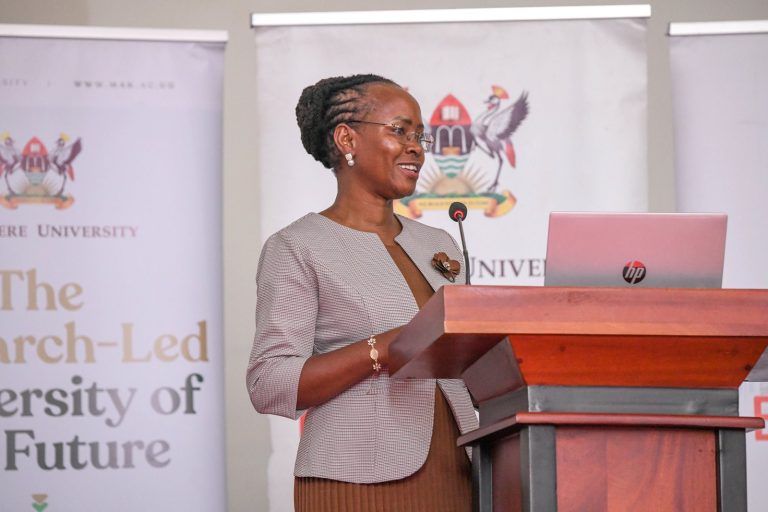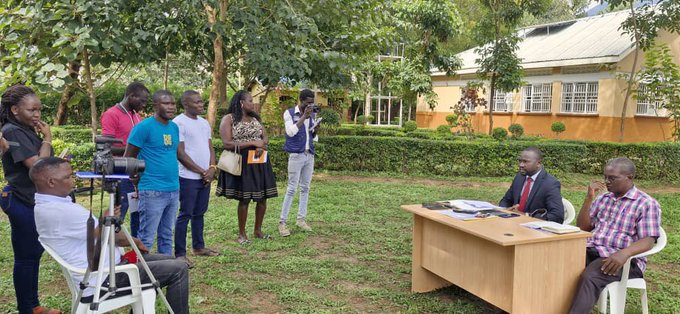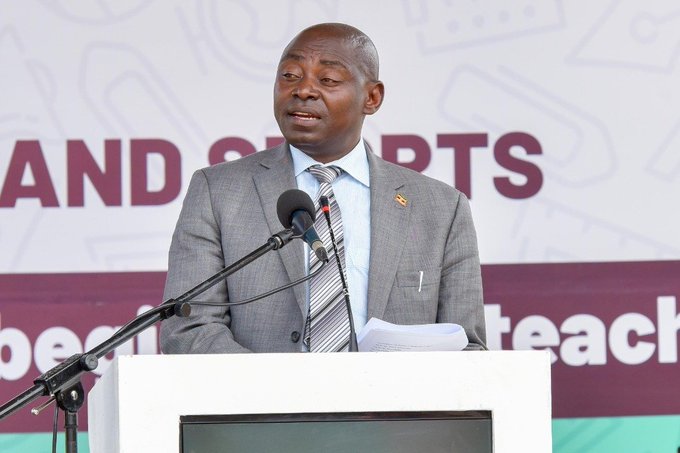Uganda makes bold move to transform education through data collection
The census will capture detailed information on learners, teachers, and school infrastructure across all education levels—from nursery to university, covering both public and private institutions.

In a landmark effort to reshape Uganda’s education system, the Uganda Bureau of Statistics (UBOS), in collaboration with the Ministry of Education and Sports, has launched the Baseline Education Census 2025, a nationwide data collection drive poised to redefine planning and policy in the sector.
Announced by State Minister for Primary Education, Joyce Moriku Kaducu, at the Uganda Media Centre, the census kicked off on April 7th in the Greater Kampala Metropolitan Area—covering Kampala, Wakiso, and Mukono—and will roll out to the rest of the country in line with the opening of the Second Term, running through to June 30th, 2025.
“This isn’t just about numbers—it’s about shaping the future of every learner in Uganda,” Kaducu emphasized. “With accurate and comprehensive data, we can better allocate resources, identify gaps, and craft policies that respond to the real needs of our education system.”
The census will capture detailed information on learners, teachers, and school infrastructure across all education levels—from nursery to university, covering both public and private institutions.
But it’s more than a government exercise—it’s a national mission. The Minister issued a rallying call to parents, local leaders, and school administrators to support enumerators by providing accurate data such as learners’ National Identification Numbers (NINs) and Learner Identification Numbers (LINs).
Kaducu stressed that the success of the census hinges on cooperation, “We urge the public and especially heads of institutions to welcome our enumerators. Parents must ensure their children’s details are accurate—this data will define how we plan for them in years to come.”
The Baseline Education Census comes at a time when Uganda’s education system is striving to bounce back from disruptions caused by the COVID-19 pandemic, adapt to the digital age, and expand access to quality learning.
By gathering this critical data, Uganda hopes to lay a strong foundation for evidence-based decision-making in education, marking a turning point in how the country identifies challenges and crafts solutions.
A data-driven future for Uganda’s learners is now in motion—and every Ugandan has a role to play.







